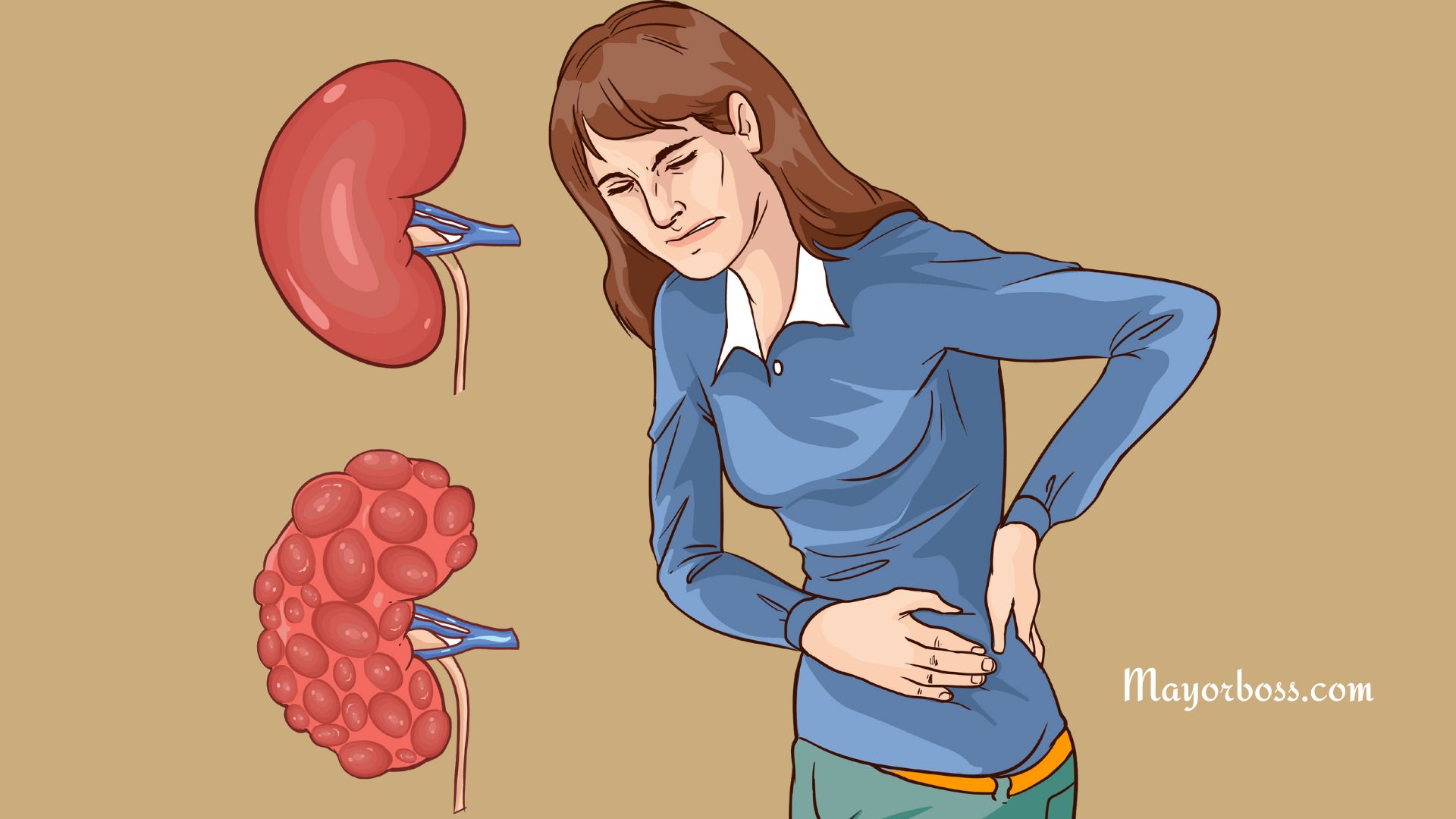Why You Need Potassium
Potassium is a vital mineral that your body needs to function properly. You might not think about it often, but trust me, getting enough potassium can make a huge difference in your overall health. In this article, I’m going to explain why potassium is so important, how it benefits your body, and how you can ensure you’re getting enough of it in your diet.

Potassium Serves a Major Function in Heart Health and Blood Pressure Regulation
You know, one of the most crucial roles potassium plays is in maintaining heart health and regulating blood pressure. If you’re dealing with high blood pressure, increasing your potassium intake can help manage it. Potassium helps your body balance sodium levels, and too much sodium can lead to hypertension. By consuming potassium-rich foods, you help your blood vessels relax, which eases the strain on your heart and lowers your blood pressure. According to experts, this is a natural and effective way to maintain cardiovascular health.
Potassium Helps Your Muscles and Nerves Function Properly
Ever experienced muscle cramps? It might be due to a lack of potassium. Potassium is essential for muscle contractions and nerve signals. Without enough potassium, your muscles can’t contract smoothly, leading to those uncomfortable cramps. On the other hand, proper potassium levels ensure that your muscles and nerves work harmoniously, preventing cramps and muscle weakness. So, next time you feel a cramp coming on, consider if you’re getting enough potassium in your diet.
Potassium Supports Healthy Digestion and Metabolism
Potassium also plays a significant role in digestion and metabolism. Believe it or not, potassium aids in breaking down and utilizing carbohydrates and proteins. This means it helps your body efficiently convert the food you eat into energy. Plus, potassium is involved in the function of the digestive system, helping to move food through your intestines. So, if you often feel bloated or constipated, it could be an indication that you need more potassium.
Potassium Helps Prevent Kidney Stones
Here’s something that might surprise you: potassium can help prevent kidney stones. Kidney stones are hard mineral deposits that form in your kidneys, often causing severe pain and other health issues. Research has shown that adequate potassium intake can reduce the risk of developing kidney stones. Potassium helps by preventing the formation of crystals that can turn into stones. By keeping your potassium levels up, you can help your kidneys stay healthy and stone-free.
How to Get Enough Potassium in Your Diet
You might wonder how to ensure you’re getting enough potassium. Well, the good news is that it’s found in many delicious foods. Bananas are famously high in potassium, but they’re not the only source. Other great options include potatoes, sweet potatoes, spinach, avocados, and oranges. Including a variety of these foods in your diet can help you meet your daily potassium needs effortlessly.
The Recommended Daily Intake of Potassium
You may ask, “How much potassium do I need?” According to the NIH Office of Dietary Supplements, adults should aim for about 2,500 to 3,400 milligrams per day. However, individual needs can vary based on age, gender, and overall health. It’s always a good idea to speak with your physician to determine the right amount for you.
Signs of Potassium Deficiency
It’s important to recognize the signs of potassium deficiency. If you’re experiencing frequent muscle cramps, severe muscle weakness, fatigue, or irregular heartbeats, you might be lacking this vital mineral. In severe cases, a deficiency can lead to more serious health issues, such as hypertension and kidney stones. Being aware of these signs can help you address the issue before it becomes more serious.
Potassium Supplements: Are They Necessary?
You might think about taking potassium supplements to ensure you’re getting enough. However, most people can get sufficient potassium through their diet. Supplements should only be considered if recommended by a healthcare provider, as excessive potassium intake can also be harmful. Too much potassium might cause hyperkalemia, a condition that can affect heart function and lead to serious health problems.
Tips for Maintaining Healthy Potassium Levels
Maintaining healthy potassium levels doesn’t have to be complicated. Here are a few tips:
- Eat a Balanced Diet: Include a variety of fruits, vegetables, and whole grains.
- Stay Hydrated: Drink plenty of water to help your body balance potassium levels.
- Limit Processed Foods: These often contain high levels of sodium, which can disrupt your potassium balance.
- Monitor Your Health: If you have conditions like kidney disease, talk to your doctor about your potassium needs.
Potassium and Exercise: A Perfect Match
For those who are physically active, potassium is particularly important. When you exercise, you lose potassium through sweat. Replenishing this loss is crucial for maintaining muscle function and preventing cramps. Including potassium-rich snacks before and after your workouts can help keep your levels in check and improve your performance.
The Bottom Line
The reality is, potassium is an essential mineral that you simply can’t afford to overlook. From maintaining heart health to supporting muscle function and digestion, its benefits are far-reaching. By including potassium-rich foods in your diet and being mindful of your intake, you can significantly improve your overall health.






